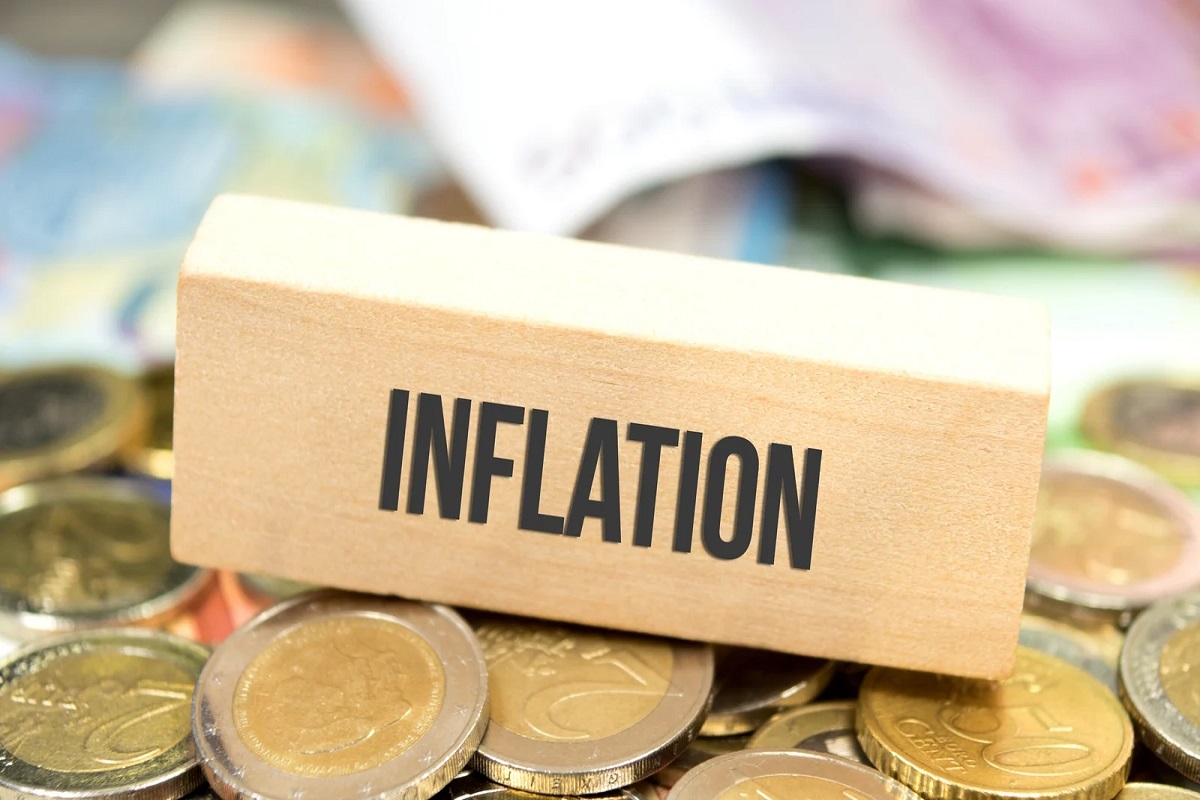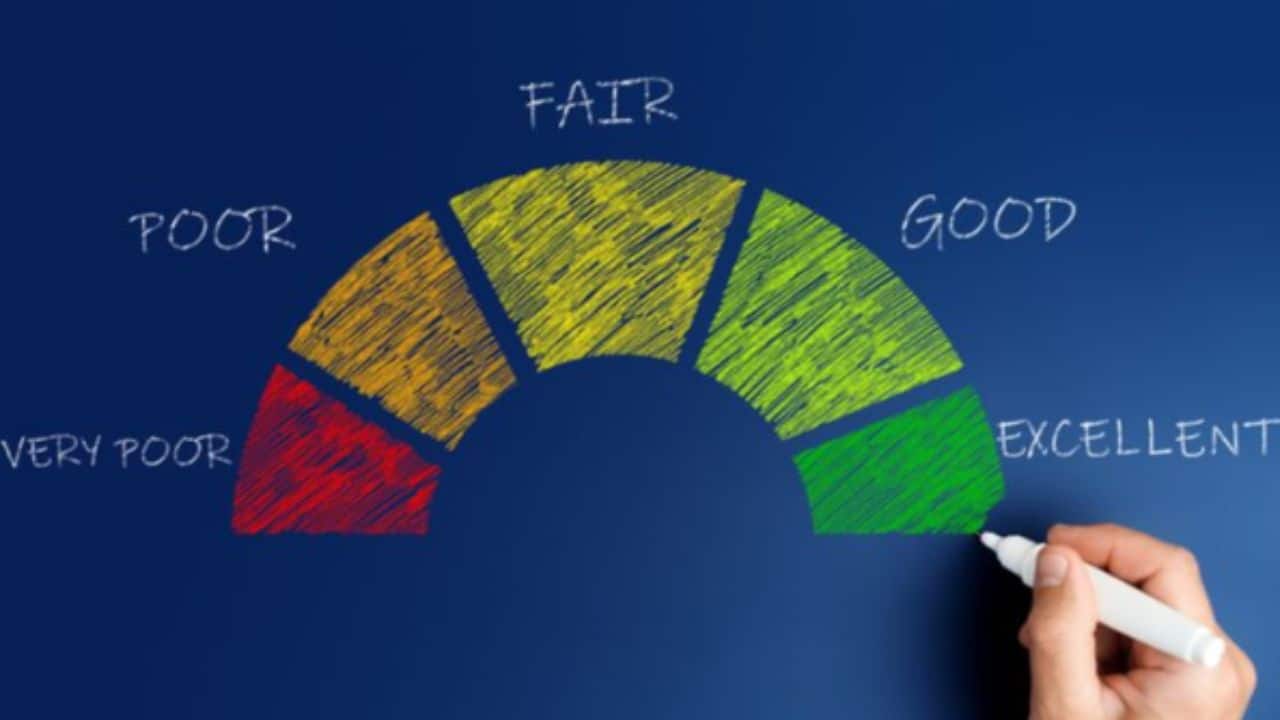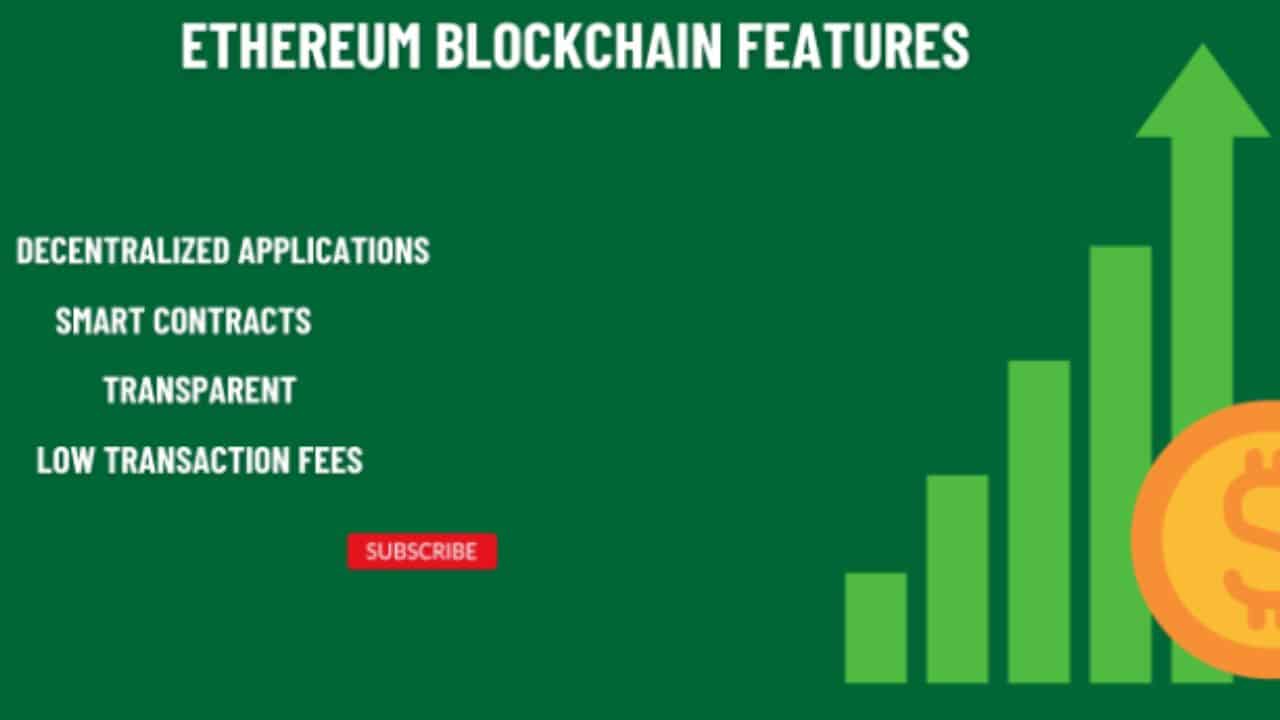2022 has seen the global economy suffer from increasing costs and rising inflation rates, largely due to the hike in energy prices and the Russia-Ukraine conflict. Experts are even warning that countries such as the UK could end up close to recession by the end of the year and the World Bank believes that the war will mean high food and energy prices for three years.
It’s a worrying time for many as people struggle with the cost of living. Suffering financial loss through savings or investments is also a concern for those wanting to protect their assets.
We’ll take a look at how to overcome this challenging time and keep your savings secure in a volatile economy.
Shift savings into equities
Savings are unlikely to make any significant amount of interest so if you’re in a position where you have a portion of savings that can be set aside for the longer term, a good option is to invest in inequities. Stocks and shares often perform better than savings over a period of time, but it’s important to be aware of the risks and the fact that your investments are likely to down as well as up.
Another advantage to equities is that you can spread your investments across a number of options, potentially lowering your risks.
Forex trading is also an option for investors, although it’s vital to understand the trading process and be able to manage risks appropriately.
Invest in businesses with low capital needs
Instead of choosing high-profile businesses that require large investments to maintain their earnings, look at those with lower capital needs. These businesses are more likely to be able to ride the volatile economy and maintain their position, due to not needing as much investment from outside sources.
Companies that can increase the prices of their products or services, without impacting their client portfolio or losing customers to competitors, are also good businesses to invest in.
Invest in yourself
Increase your knowledge and education by either learning a new skill or advancing in your current field. Although higher education courses can be costly, they’ll benefit your future career and should increase your earning potential in the long term. This could be a wise option if you’re looking at specializing in a particular skill or if you’re wanting to change job paths.
There are many options for further education such as local colleges and online courses. Many online courses are free, depending on the subject area, and can be done in your own time. Completing extra study this way can be attractive to potential employers and can also ensure your CV stands out amongst other candidates.
Although no one can say for sure when this period of economic uncertainty will end, by choosing your investment options wisely you can protect your savings and ensure your finances are in the best possible position.




































